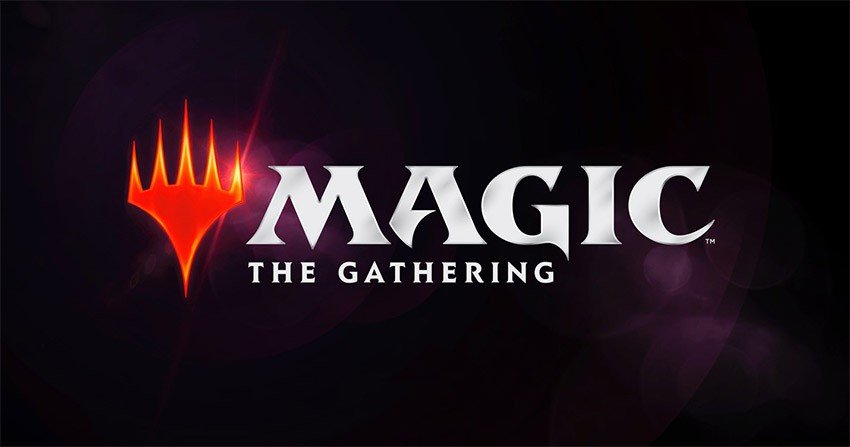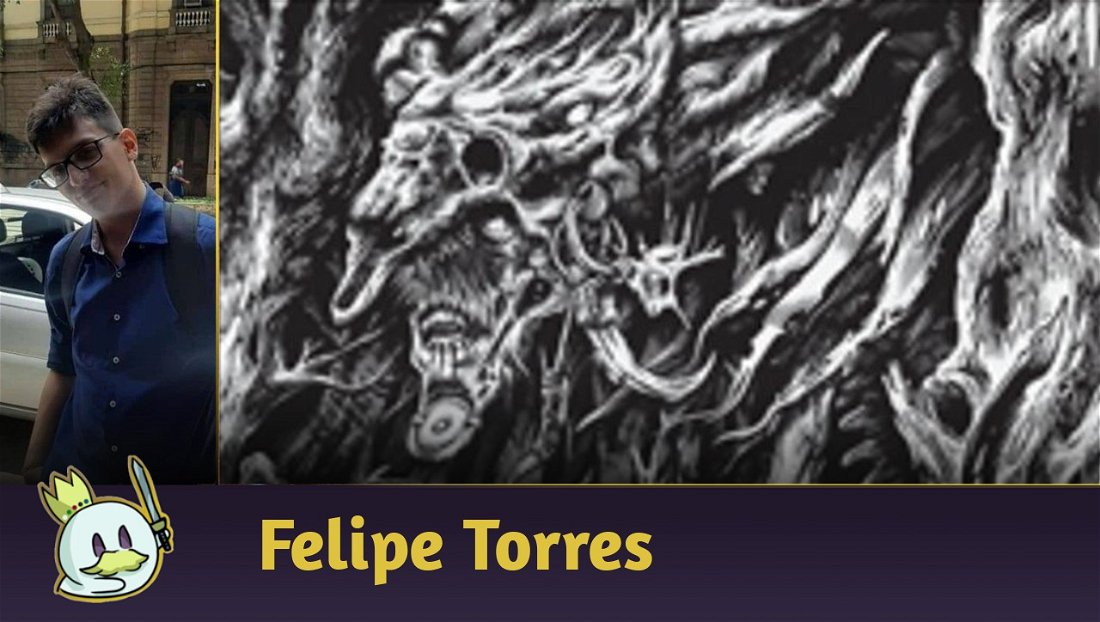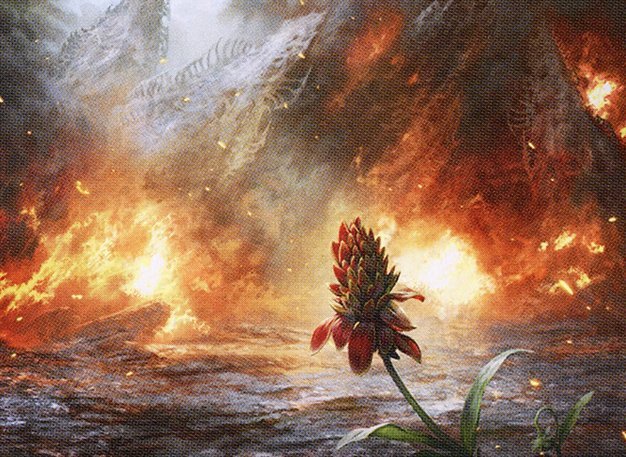Did you hear someone talk about Magic: The Gathering and have no idea what it is? That is the right place for you. Today we're going to talk about this game and its community!
Origins
Magic: The Gathering was created in 1993 by a North-American mathematician named Richard Garfield as the first Trading Card Game, a new genre that combined the collectible aspect of trading cards, popular in the US, with a game itself, in which players could build their own decks and duel between them.
Ad
Since then, Wizards of the Coast, the company that owns the game, has launched several new collections, with specific themes within the medieval fantasy genre. These collections come in the form of boosters, packs that usually come with 15 random cards, which players open in the hope of finding the cards they need, and can also trade them with each other. There is also a large secondary market and specialty stores, where each card has a price defined by supply (rarity) and demand (usefulness in the game).
Magic Card Rarities
And speaking of rarity, Magic cards are divided into 4 rarities: common, uncommon, rare, mythic rare and basic land. A booster usually contains 10 common, 3 uncommon, 1 rare or mythic rare, and a basic land.
There is a small chance that the rare card will be replaced by a mythic rare. Because of this, the price of each card is influenced by its rarity, and strong rare and mythic cards (and therefore in high demand) can reach relatively high values.
Magic: The Gathering's Colors
But if certain cards can be strong and desired by all players, what prevents everyone from using exactly the same deck and making the game monotonous? Well, that's where the colors come in.
Magic cards belong to one or more (or none, in the case of colorless) of the five colors: white, blue, black, red and green. These colors define the type of mana (the main feature of the game) needed to play them, and a deck that tries to use the 5 colors can face consistency issues, as not always the lands (cards that generate mana) that the player will have generates the same type of mana as the cards he or she has in their hand needs to be played.
Thus, each player will build their deck within one, two or sometimes three colors, each with a different strategy, but always with the same objective: to reduce the opponent's life total from 20 to 0, by casting spells and/or attacking with creatures.
Magic: the Gathering is an expensive game?
But then, does that mean it's expensive to play Magic and you can't have fun without spending thousands of dollars? Quite the contrary, and that's where the different formats and digital versions of the game come into play.
Knowing the Magic: the Gathering formats
Magic is currently not a single game, but a huge variety of formats that use the same rules base. These formats are defined by the cards that can be used in it.
Constructed Formats
In the Standard format, for example, the cards must be from the sets of the last two years, and each year the oldest sets are no longer legal (what we call rotation).
Other formats, however, are non-rotating and allow all cards released from a given set. In the format Pioneer, for example, starts from Return to Ravnica, from 2012; in Modern
, starts from Eighth Edition, from 2003; and in Legacy and Vintage, every set is legal.
There is also the most accessible of them, Pauper, which allows cards from all sets in the game but only from the common rarity, which makes the average price of cards relatively low.
Ad
Limited formats
In addition to these so-called “constructed” formats (because you build your deck and play), there are also limited formats, such as Sealed and Draft, where boosters are opened at the beginning of the competition and the decks are assembled from the cards obtained from them.
Commander
Another format loved by players is Commander, often played in groups of 4 or even more, where each person builds a deck of 100 different cards around a legendary creature in the game.
Commander's difference is that the objective is not just to win the match, but to have fun, make small talk and spend time with friends. A Commander match can easily last for hours. In general, players look to build decks of similar level so that the environment is balanced and there is no one person who always wins the games.
Where to play Magic: The Gathering?
One of the best places to play Magic is at a local store. There are many around the world, and they are the perfect environment to meet other players, participate in tournaments or just spend an afternoon talking about Magic.
Magic: The Gathering's Digital Versions
Magic Online (MTGO)
In addition to paper Magic, or IRL, in real life, there are also digital versions of the game, both for computer and mobile devices. The oldest of these versions is Magic: The Gathering Online (MTGO), which contains all the cards in the game and most of the constructed and limited formats.
In it, an account costs US$ 5 and comes with some cards, but to play most formats competitively, it is necessary to buy cards in the game's internal market, which, like physical Magic, is composed of other players and specialized stores.
Where MTGO excels, however, is on the possibility to rent cards on specialized stores.
Magic Arena (MTGA)
However, if the idea is to play Magic without spending anything and with well-made graphics, the option is Magic Arena, available since 2017 and which was responsible for a significant increase in the number of Magic players.
In Magic Arena, Standard, Historic (with all cards released in Arena) and limited formats are available, as well as a few others. On it, you can play for wins and boosters, which in turn are used to increase your collection and improve your decks.
The Gathering
In the end, what makes Magic so much more than a game is precisely the community that encompasses it, the friendships we make. No wonder that many people play games since childhood and now pass the hobby to their sons and daughters!








— Comments0
Be the first to comment